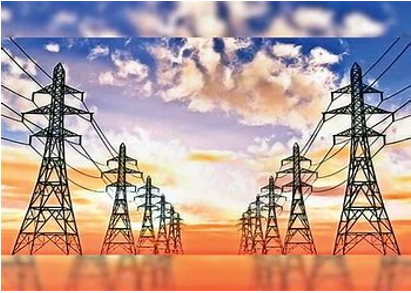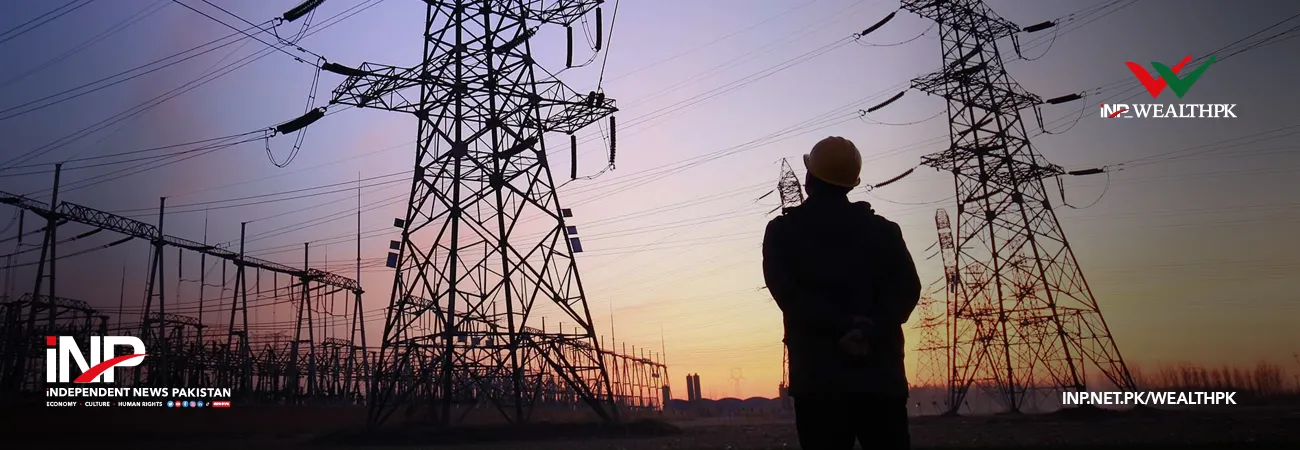INP-WealthPk
Amir Saeed
Pakistan’s power sector needs immediate structural reforms to eliminate inefficiencies, reduce financial burdens, and support sustainable industrial and economic growth.

Talking to WealthPK, Ahad Nazir, Energy Policy and Project Management Specialist at the Sustainable Development Policy Institute (SDPI), emphasized that the recent modest reduction in the average base power tariff — from Rs32.73 per kWh in July 2024 to Rs31.59 per kWh for FY2025-26 — did little to address the sector’s fundamental structural problems.
He highlighted that the power sector remained heavily burdened by costly Independent Power Producer (IPP) contracts, including excessive capacity payments and dollar indexation clauses. These contractual obligations inflated power prices artificially and contributed significantly to the persistent circular debt crisis, draining public resources and undermining economic stability.
Nazir stressed that without fundamental corporate restructuring of power generation and distribution companies, these inefficiencies would persist. He advocated a strategic renegotiation of IPP contracts to eliminate or reduce capacity payments and remove dollar indexation, which exposes the sector to exchange rate volatility and inflationary pressures. According to Nazir, such reforms are necessary to reduce costs and restore financial discipline and transparency in the sector.
He opined that aligning tariffs with the country’s long-term energy policy is critical. This includes adopting market-based pricing mechanisms that reflect the true cost of generation and delivery, thereby attracting investment and improving operational efficiency. He warned that without these comprehensive reforms, the power sector would continue to stifle industrial competitiveness and impede the country’s broader economic growth.
Talking to WealthPK, Rafi Ullah, a member of the Islamabad Chamber of Commerce and Industries (ICCI), agreed that the recent tariff reduction of about Rs1.14 per unit is a positive but insufficient step toward addressing the power sector challenges. He highlighted that industrial consumers faced a complex and often confusing tariff structure, characterized by multiple slabs, variable rates depending on load and time of use, and significant fixed charges. This complexity penalizes high-usage consumers, discouraging industrial expansion and energy-intensive economic activities.
He advocated a simplified, transparent tariff framework that balances the need for cost recovery with incentives for energy efficiency and integration of renewable energy sources. He believed that such a framework would encourage consumers to adopt more efficient consumption patterns while supporting the country’s transition toward a sustainable energy future. Simplification will also improve tariff predictability and reduce disputes, thereby enhancing regulatory accountability.
Moreover, he stressed the importance of regulatory reforms to rationalize tariffs and improve governance in the distribution companies. He opined that transparent, market-based pricing mechanisms aligned with national energy policy are essential to restore investor confidence. According to him, a stable and predictable pricing environment will encourage both domestic and foreign investment, reduce inefficiencies, and ensure affordability for consumers.
Credit: INP-WealthPk












